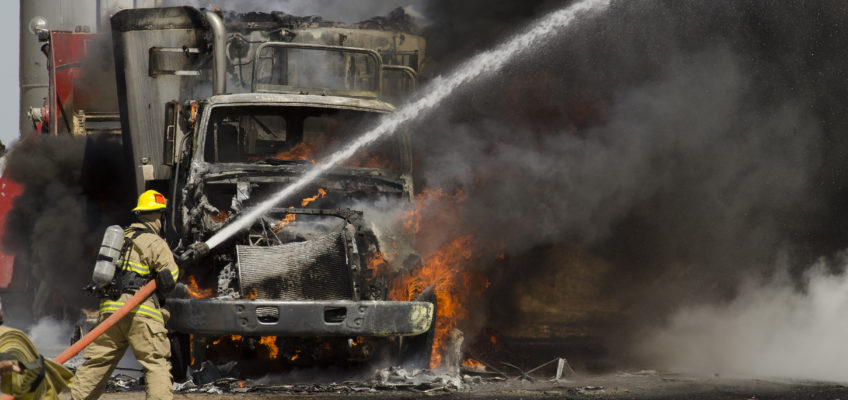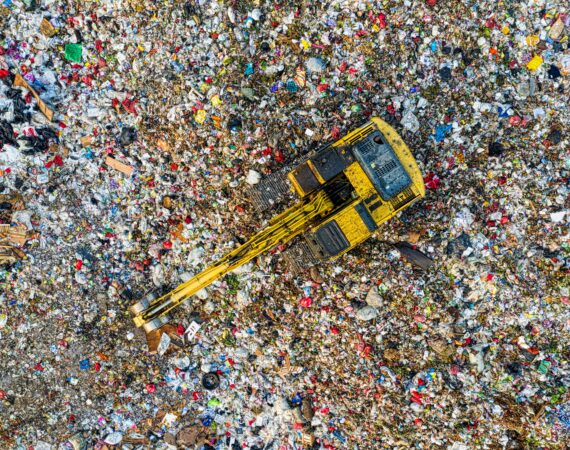Trash Truck Fires
Recently because of covid-19 homeowners have been cleaning out their houses to remove unwanted materials. Some items that are being thrown away consist of hazardous materials. When these materials are crushed in the packer, a small fire starts. This is dangerous because there is not much time until more of the garbage load catches fire.
Hazardous Materials
Avoid throwing out materials that when crushed, can cause a fire. Some of these materials include:
- Batteries
- Propane Tanks
- Chemicals
- Fertilizers
- Lighters
- Lighter Fluid
- Grilling Coals
Results of Hazardous Garbage
When any of these materials combine together or mix with regular trash and then get crushed in the packer, the contents of the garbage catch on fire. Because the drivers cannot see a small fire right away, it causes more debris to catch on fire. When the fire spreads, packing the load to close off oxygen does not always work. This results in a complete dump of the trash load in a parking lot or street, calling the fire department, and a cleanup process of the dumped trash. To avoid trash truck fires, do not throw away flammable materials in the garbage.
Disposing of Hazardous Materials
There are options for disposing hazardous materials appropriately. Some trash companies have specific recycling measures for hazardous materials. There are companies that, if requested, will pick up the materials themselves from your home. Some cities have specific dumping sites for flammable materials. If correct measures are taken, trash truck fires can be avoided.
Forensic Engineering Specialists
Engineering Specialists Inc. has nearly 30 years of field experience in analyzing the damage to vehicles, residential, commercial, and industrial buildings. We can work on any project in any state, nationwide. When you or your business needs to confirm the extent of damage or how to correct a problem, email us at office@esinationwide.com or call us, toll-free, at (877) 559-4010.


